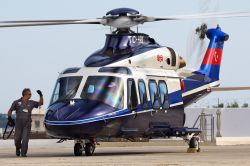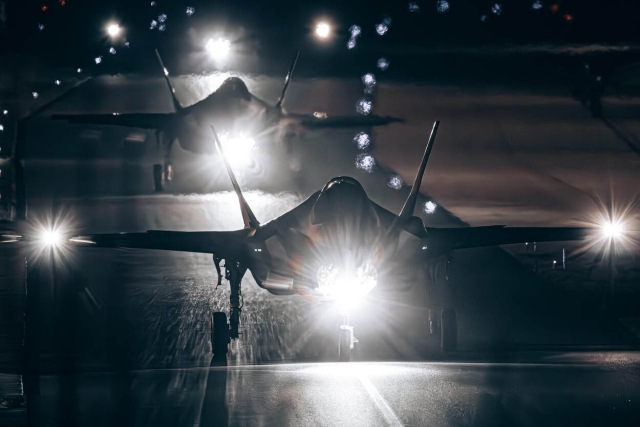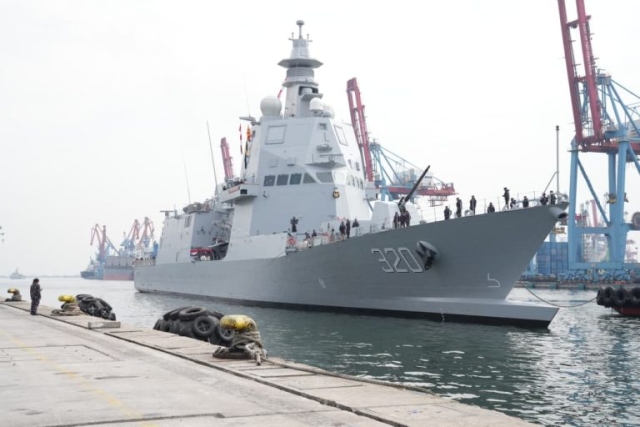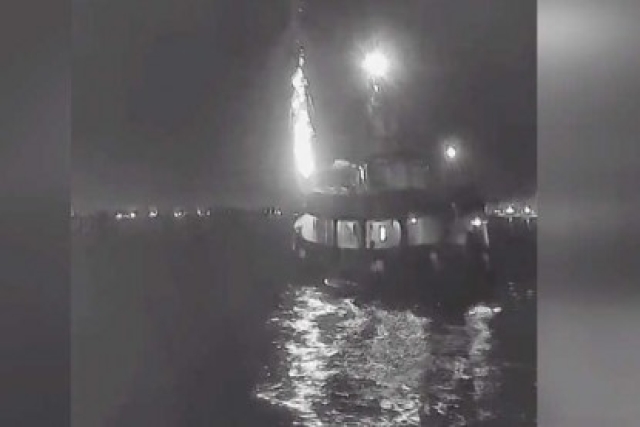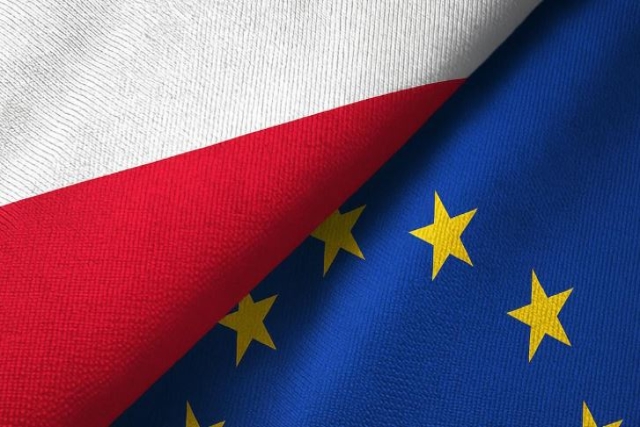EU Sanctions Against Rostec Could Delay Several Defence Projects
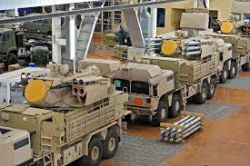
The European Union’s decision to impose sanctions against Russia’s Rostec will likely impact the number of projects it’s currently involved in with European defense firms.
On-going projects include a venture with French company Turbomeca, which is part of the Safran group, for delivery of Ardiden 3G engines. The engines are planned to be used in the medium-lift, multifunction Ka-62 helicopter.
Earlier this year at Farnborough Air Show, Aviation Equipment Holding (a Rostec Corporation company) and Microturbo (Safran) signed an agreement to establish a partnership to develop and manufacture a new APU targeted for the helicopter market.
In accordance with the contract terms, the parties will invest in development and industrialization of a new APU dedicated for helicopter market.
Microturbo will design and develop the main unit and integrate the system, whereas Aviation Equipment will develop the ignition system, starter, generator, and set up an assembly line for the Russian market applications. Preliminary design review planned to be completed by the end of 2014.
During a business visit to Viennae earlier this year Kirill Shubsky, Interim CEO of RT-Chemical Technologies and Composite Materials, signed a memorandum of understanding and cooperation with the Austrian company Astron Industriebeteiligungs GmbH.
The purpose of signing the memorandum is to establish business relations for strategic cooperation in the production and sale of specialty polymers (trans-polynorbornene) as well as general products that can be used in a variety of applications that are based on these polymers.
In 2006, VSMPO-AVISMA reached an agreement with the Boeing Company on the creation of a joint venture to perform primary machining of titanium forgings for the Boeing 787 Dreamliner and Russian airliners; a corresponding contract was signed in 2007.
Plant construction, selection and training of employees and installation of machine tools took only two years, and in 2009, Ural Boeing Manufacturing, one of the most modern plants in the world created in collaboration with Rostec, began operations.
Rostec consists of 663 organizations, which also includes 22 direct management companies and 13 holding companies (including Oboronprom, the Kalashnikov Concern (formerly known as IzhMash), Machine Engineering Technologies and Radioelectronic Technologies among others), five of which specialise in the manufacture of civilian products, and eight, in the manufacture of products for the military and industrial sectors, according to the company’s website.
The company holds 58.32% in Oboronprom’s share capital while Oboronprom controls the following holding companies -- Russian Helicopters, United Engine Corporation and JSC Defense Systems.
The corporation also operates in the following areas including automotive manufacturing, aircraft manufacturing, engine manufacturing, metallurgy, composite and other modern structural materials, medical equipment, information technologies, and telecommunications and manufacturing of arms and military equipment.
“Undoubtedly, cooperation between Russian and European industries is much broader and deeper than between anyone else. Yet those who impose sanctions should understand that such cooperation is double-sided. Both sides will suffer as a result of a breakdown,” Rostec said in a statement. The sanctions can essentially be divided into several categories. The first category includes concerns Machine Engineering Technologies, Kalashnikov, Sirius, holdings High Precision Systems (“Vysokotochnye Kompleksy”) Stankoinstrument, RT-Chemcomposite, Tula Arms Plant (JSC "Tulsky Oruzheiny Zavod") and NPO Basalt. The sanctions will not have an impact on state defense order production, because no European components are used in military production, it said.
Revenues from export to 70 countries globally exceeded $6 billion and Rostec’s net profit in 2012 was almost $1 billion.

